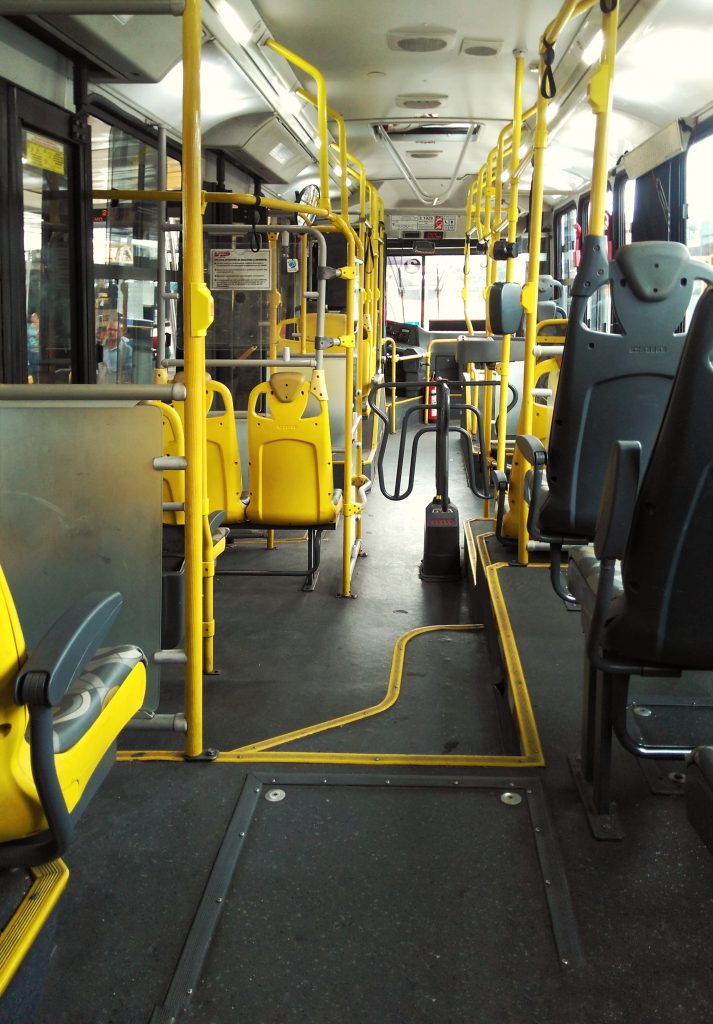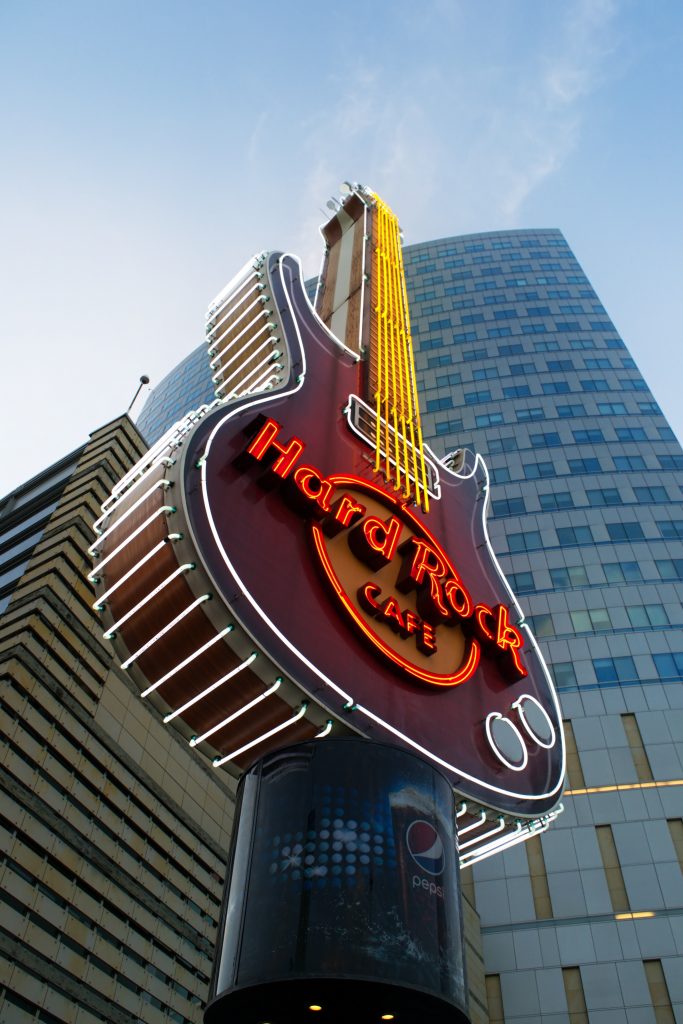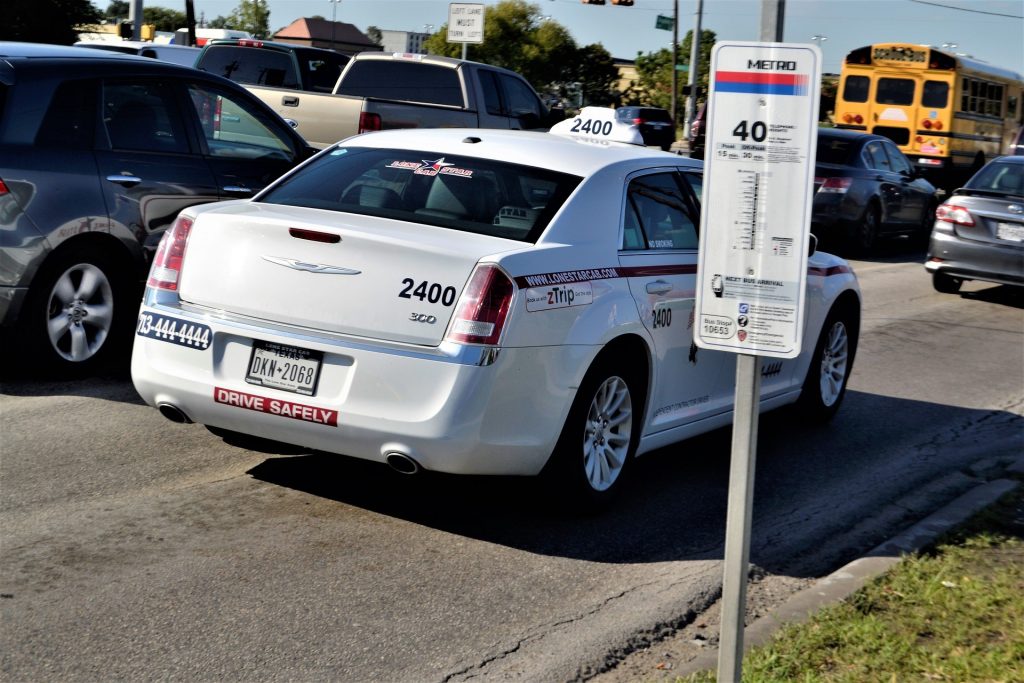 The Louisiana statutory employer defense grants statutory employers the exclusive remedy protections of the Louisiana Workers’ Compensation Act. La. R.S. 23:1061. To become a statutory employer, a principal must enter into a written contract with a contractor for work to be performed in furtherance of the principal’s “trade, business, or occupation.” La. R.S. 23:1061 Moreover, where the principal pays compensation, it is entitled to indemnification from the contractor. La. R.S. 9:2780.1. Once an employer shows that they are a statutory employer under the law, they are entitled to immunity for tort liability that occurred in the course of the agreement with a contractor. The Louisiana Court of Appeal addressed the issue of whether a statute enacted in 2010 negates the statutory employer defense when a construction contract contains an indemnification clause or a hold harmless clause without paying for any of the cost of insurance. La. R.S. 9:2780.1.
The Louisiana statutory employer defense grants statutory employers the exclusive remedy protections of the Louisiana Workers’ Compensation Act. La. R.S. 23:1061. To become a statutory employer, a principal must enter into a written contract with a contractor for work to be performed in furtherance of the principal’s “trade, business, or occupation.” La. R.S. 23:1061 Moreover, where the principal pays compensation, it is entitled to indemnification from the contractor. La. R.S. 9:2780.1. Once an employer shows that they are a statutory employer under the law, they are entitled to immunity for tort liability that occurred in the course of the agreement with a contractor. The Louisiana Court of Appeal addressed the issue of whether a statute enacted in 2010 negates the statutory employer defense when a construction contract contains an indemnification clause or a hold harmless clause without paying for any of the cost of insurance. La. R.S. 9:2780.1.
In 2013, Christopher Michael Blanks (“Mr. Blanks”), was an employee of Wastewater Specialties, Inc. (“Wastewater”), the contractor, when he and some co-workers were assigned to perform repairs to a broiler at Entergy Gulf States Louisiana, LLC (“Entergy”), the statutory employer. Entergy issued a permit indicating the work area was safe for entry; however, they allegedly failed to inform Mr. Blanks and his co-workers of an unprotected open hole in a confined space where Mr. Blanks was working. Unfortunately, Mr. Blanks unknowingly stepped into the hole, causing him to fall approximately thirty (30) feet to the ground. He sustained serious injuries, and subsequently sued Entergy and its insurance.
Prior to the commencement of work at the Entergy facility, Wastewater and Entergy entered into an agreement that Entergy would be indemnified for personal injury claims brought by Wastewater employees. The trial court granted summary judgment on the grounds that the contract between Wastewater and Entergy was invalid and unenforceable because it provided an indemnity clause irrespective of fault. Additionally, the court noted Wastewater did not recover the cost of any insurance required under the contract.
 Louisiana Personal Injury Lawyer Blog
Louisiana Personal Injury Lawyer Blog


 When you are injured in an accident, it may be tempting to file a lawsuit against anyone and everyone who might have been even slightly involved in the chain of events. The pain and frustration of an accident leads some injured parties to try and make as many people pay as possible. This instinct, while perhaps useful, needs to be tempered with some common sense and a firm understanding of the law. And, if multiple defendants are going to be sued, sufficient evidence has to be presented to show each party’s involvement and their negligence in the accident.
When you are injured in an accident, it may be tempting to file a lawsuit against anyone and everyone who might have been even slightly involved in the chain of events. The pain and frustration of an accident leads some injured parties to try and make as many people pay as possible. This instinct, while perhaps useful, needs to be tempered with some common sense and a firm understanding of the law. And, if multiple defendants are going to be sued, sufficient evidence has to be presented to show each party’s involvement and their negligence in the accident.  Once a trial court determines a judgment, it is difficult to obtain a reversal, especially if the judgment is one in which a jury awards compensation for a personal injury plaintiff. In the case below, the defendant appealed the amount the Trial Court awarded the plaintiff. The Appellate Court was deferential to the Trial Court’s judgment.
Once a trial court determines a judgment, it is difficult to obtain a reversal, especially if the judgment is one in which a jury awards compensation for a personal injury plaintiff. In the case below, the defendant appealed the amount the Trial Court awarded the plaintiff. The Appellate Court was deferential to the Trial Court’s judgment. Property owners have a responsibility to maintain safe conditions on their premises. However, if you are injured on someone’s property, there are still numerous elements you must prove in order to prevail on any lawsuit you may file for injuries arising from an unsafe premises. Establishing these elements can be especially challenging when you are injured from an activity that may be considered openly and obviously risky. This was this situation facing Mr. and Mrs. Marshall following Mrs. Marshall’s accident on an escalator at Jazz Casino in the Orleans Parish of Louisiana.
Property owners have a responsibility to maintain safe conditions on their premises. However, if you are injured on someone’s property, there are still numerous elements you must prove in order to prevail on any lawsuit you may file for injuries arising from an unsafe premises. Establishing these elements can be especially challenging when you are injured from an activity that may be considered openly and obviously risky. This was this situation facing Mr. and Mrs. Marshall following Mrs. Marshall’s accident on an escalator at Jazz Casino in the Orleans Parish of Louisiana.  Around 9am on Saturday, October 12 the Hard Rock Hotel partially collapsed over Canal Street in New Orleans after the top six to eight floors buckled onto the structure. According to New Orleans Fire Department Superintendent Tim McConnel, the remaining structure of the building remains unstable and could possibly collapse entirely. In response, nearby buildings have been evacuated as the two construction cranes are also unstable. Currently, one person has been reported dead, eighteen have been taking to the hospital in unspecified conditions, and two workers are still reported missing. In terms of the next steps to be taken, it is unknown just how long it will take crews to clean up the piles of debris and get the project back on schedule. This is particularly stressful for the city of New Orleans considering the site of the collapse is a major transportation hub for the city – consisting of bus and streetcar lines in addition to the major traffic arteries of the city. An accident such as the Hard Rock Hotel accident will impact much more upon closer inspection spanning to issues such a personal injury, workers compensation, wrongful death, and much more. Considering the complex litigation that can arise out of an incident such as this one it is important to have a good attorney at the ready.
Around 9am on Saturday, October 12 the Hard Rock Hotel partially collapsed over Canal Street in New Orleans after the top six to eight floors buckled onto the structure. According to New Orleans Fire Department Superintendent Tim McConnel, the remaining structure of the building remains unstable and could possibly collapse entirely. In response, nearby buildings have been evacuated as the two construction cranes are also unstable. Currently, one person has been reported dead, eighteen have been taking to the hospital in unspecified conditions, and two workers are still reported missing. In terms of the next steps to be taken, it is unknown just how long it will take crews to clean up the piles of debris and get the project back on schedule. This is particularly stressful for the city of New Orleans considering the site of the collapse is a major transportation hub for the city – consisting of bus and streetcar lines in addition to the major traffic arteries of the city. An accident such as the Hard Rock Hotel accident will impact much more upon closer inspection spanning to issues such a personal injury, workers compensation, wrongful death, and much more. Considering the complex litigation that can arise out of an incident such as this one it is important to have a good attorney at the ready. When an unexpected accident occurs, it can be difficult to pinpoint exactly who is responsible for the injury. In the absence of direct evidence of a violation of a duty, the existence of multiple possible parties who might be responsible can preclude recovery.
When an unexpected accident occurs, it can be difficult to pinpoint exactly who is responsible for the injury. In the absence of direct evidence of a violation of a duty, the existence of multiple possible parties who might be responsible can preclude recovery.  The doctrine of peremption can prevent someone from bringing legal action against someone should that action be brought after a certain amount of time. Peremption is a period of time fixed by law for the existence of a right.
The doctrine of peremption can prevent someone from bringing legal action against someone should that action be brought after a certain amount of time. Peremption is a period of time fixed by law for the existence of a right. Providing preferential seating to disabled customers is a great service most businesses provide. This also means that the wheelchairs, walkers, and other items the disabled customers must be stored in areas that provide a safe walking environment for other customers. The controversy surrounding where it is proper or improper to put these items was illustrated in a case where a Baton Rouge Casino was sued by a woman who tripped over the walker of a disabled customer. With the help of an excellent attorney, the Casino was able to prove it seated a disabled gentleman properly when the woman sued the casino after her fall.
Providing preferential seating to disabled customers is a great service most businesses provide. This also means that the wheelchairs, walkers, and other items the disabled customers must be stored in areas that provide a safe walking environment for other customers. The controversy surrounding where it is proper or improper to put these items was illustrated in a case where a Baton Rouge Casino was sued by a woman who tripped over the walker of a disabled customer. With the help of an excellent attorney, the Casino was able to prove it seated a disabled gentleman properly when the woman sued the casino after her fall. If you get hurt due to someone else’s negligence and they agree to cover the costs, how much time do you have to sue for damages? According to Louisiana’s Second Circuit Court of Appeal, you have one year from when the injury occurred or when prescription is interrupted. Typically, prescription refers to land rights, but in Mr. Bethley’s case, it concerns the defendant’s agreement to pay his medical bills.
If you get hurt due to someone else’s negligence and they agree to cover the costs, how much time do you have to sue for damages? According to Louisiana’s Second Circuit Court of Appeal, you have one year from when the injury occurred or when prescription is interrupted. Typically, prescription refers to land rights, but in Mr. Bethley’s case, it concerns the defendant’s agreement to pay his medical bills. Can a store, like Lowe’s or Home Depot, be held liable for injuries resulting from the sale of the wrong part or product? In Ms. Johnson’s case, the answer was no. Sharon Johnson’s lawn mower needed a new spark plug, so she went to the Lowe’s in Shreveport to find one. Because Ms. Johnson was unsure about the type of spark plug she needed, she asked a sales associate to help her. The sales associate researched the spark plug that she needed, she purchased it, and returned home to install the part.
Can a store, like Lowe’s or Home Depot, be held liable for injuries resulting from the sale of the wrong part or product? In Ms. Johnson’s case, the answer was no. Sharon Johnson’s lawn mower needed a new spark plug, so she went to the Lowe’s in Shreveport to find one. Because Ms. Johnson was unsure about the type of spark plug she needed, she asked a sales associate to help her. The sales associate researched the spark plug that she needed, she purchased it, and returned home to install the part.